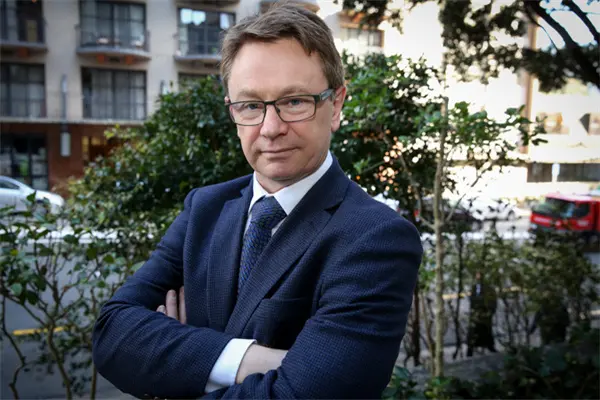More than a quarter of New Zealand's children are living in poverty, according to a report from the government's Children's Commissioner on Tuesday.
The Child Poverty Monitor, which tracks trends in four measures of child poverty -- income poverty, material hardship, severe poverty and persistent poverty -- showed 29 percent of children living in poverty.
That compared with 15 percent in 1985, and to a current rate of 13 percent of people aged over 65 living in poverty.
The report said 14 percent of children were going without basic essentials like fresh fruit and vegetables, a warm house and decent clothing, while about 9 percent were in severe poverty.
Around three out of five children living in poverty would live that way for much of their childhood.
In a veiled attack against individuals who criticized the poor for making "bad lifestyle choices," Children's Commissioner Dr Russell Wills said "Put simply, it's not choice.
"It's not choice that our kids are suffering with poor health, living in damp homes and less likely to do well at school. It's also not the child's choice, or their families', to live in poverty," Wills said in a statement.
"There is choice around how we as a country respond to this. We have to take it seriously, we need a clear national plan for doing better and we need to show empathy for those whose choices are limited," he said.
While initiatives such as charity school food programs and the government's subsidizing of children's doctor visits made a difference, the data showed New Zealand was "still far, far behind where we need to be."
"No matter how you measure poverty, everything points to things being far tougher than they were 30 years ago. That's not right in a country like ours and it's not fair," he said.
An official with the New Zealand branch of the United Nations Children's Fund (UNICEF) criticized the "hands-off" approach to income policies that left children vulnerable to poverty and hardship.
"For years now governments have ignored the prevalence of child poverty as if they are powerless to do anything about it. New Zealanders should be clear: governments can make a difference by prioritizing children for additional investment so that all Kiwi kids have an adequate standard of living," national advocacy manager Deborah Morris-Travers said in a statement.
"So far, the government has done nothing to materially improve the incomes of the poorest families. This is unacceptable given the clear evidence of the need for government action."
Public health groups and opposition politicians warned that children in poverty -- particularly among Maori and Pacific island populations -- were at greater risk of illness and death.
"Children in the poorest fifth of families are now six times as likely to die from medical conditions associated with low income, like respiratory illness, than children in the wealthiest fifth," Green Party co-leader Metiria Turei said in a statement.
"No New Zealand child should die, or end up in hospital because their parents don't have enough money to house or feed them properly."
 简体中文
简体中文

